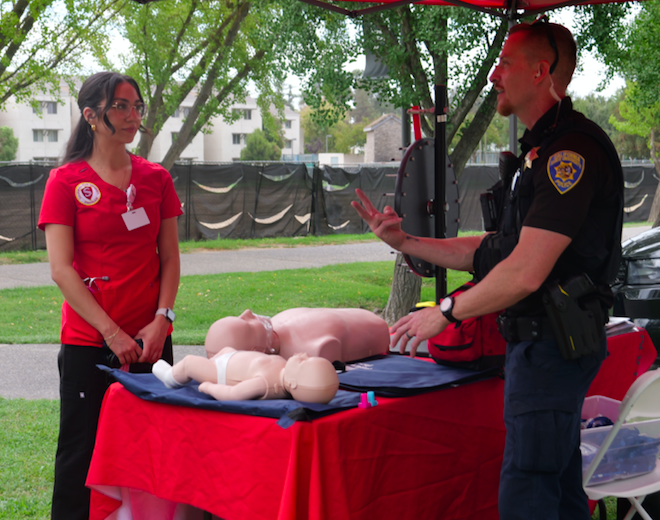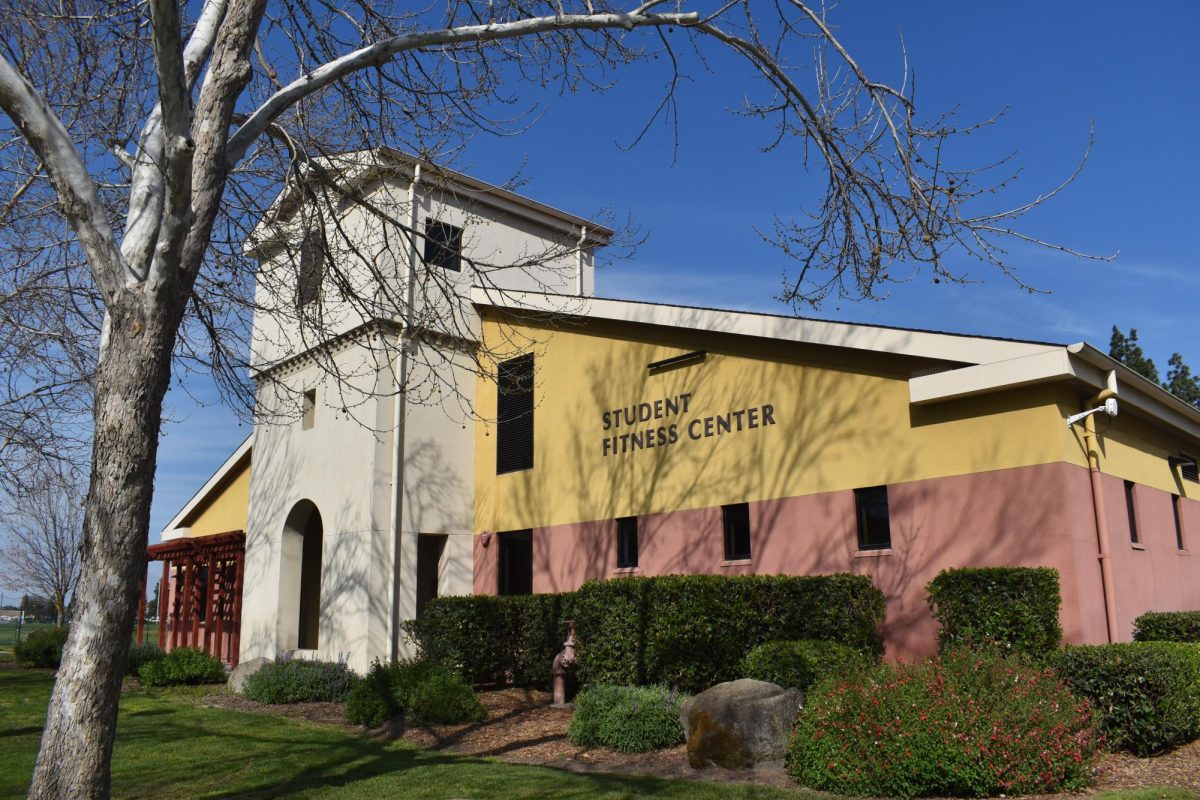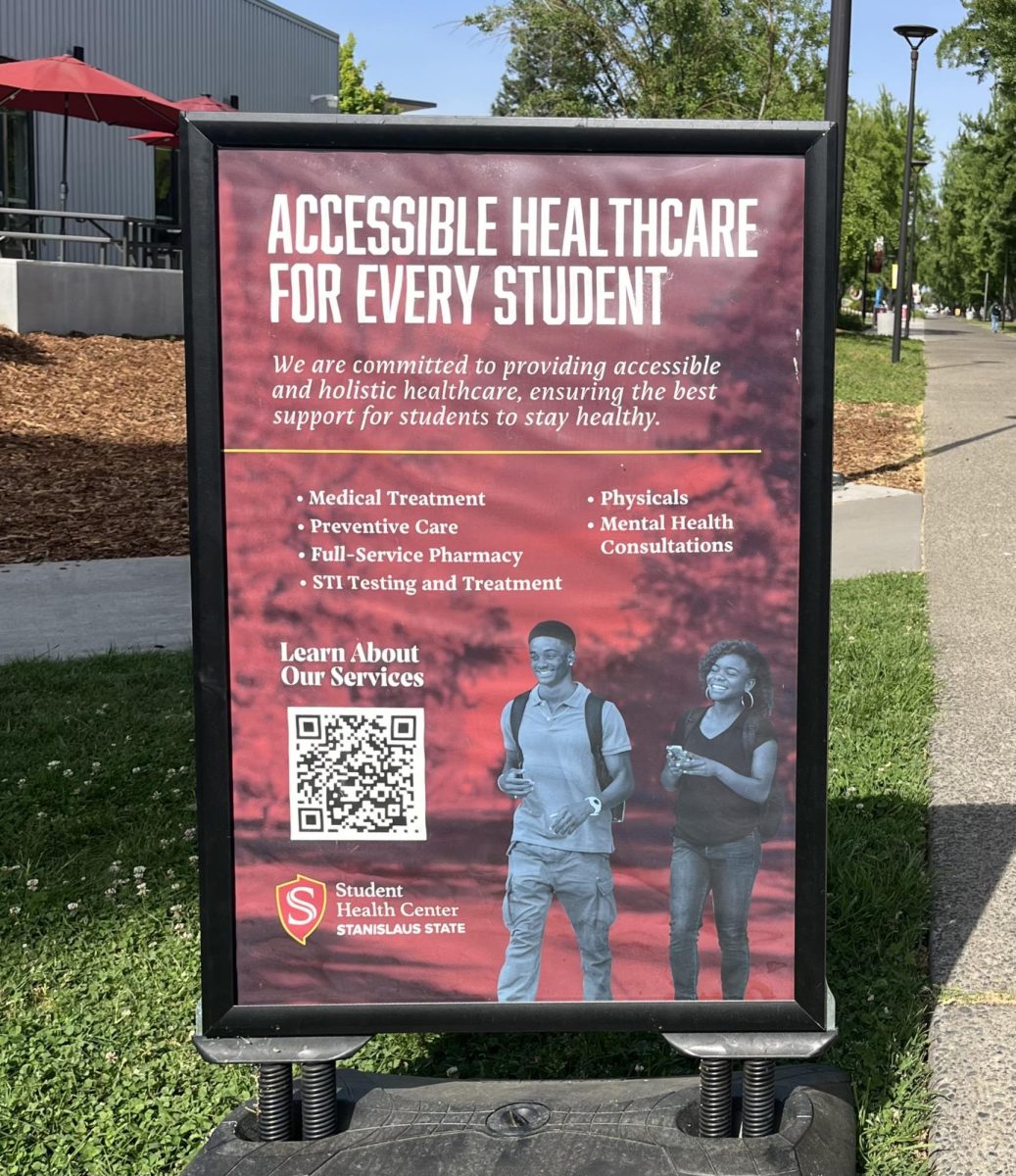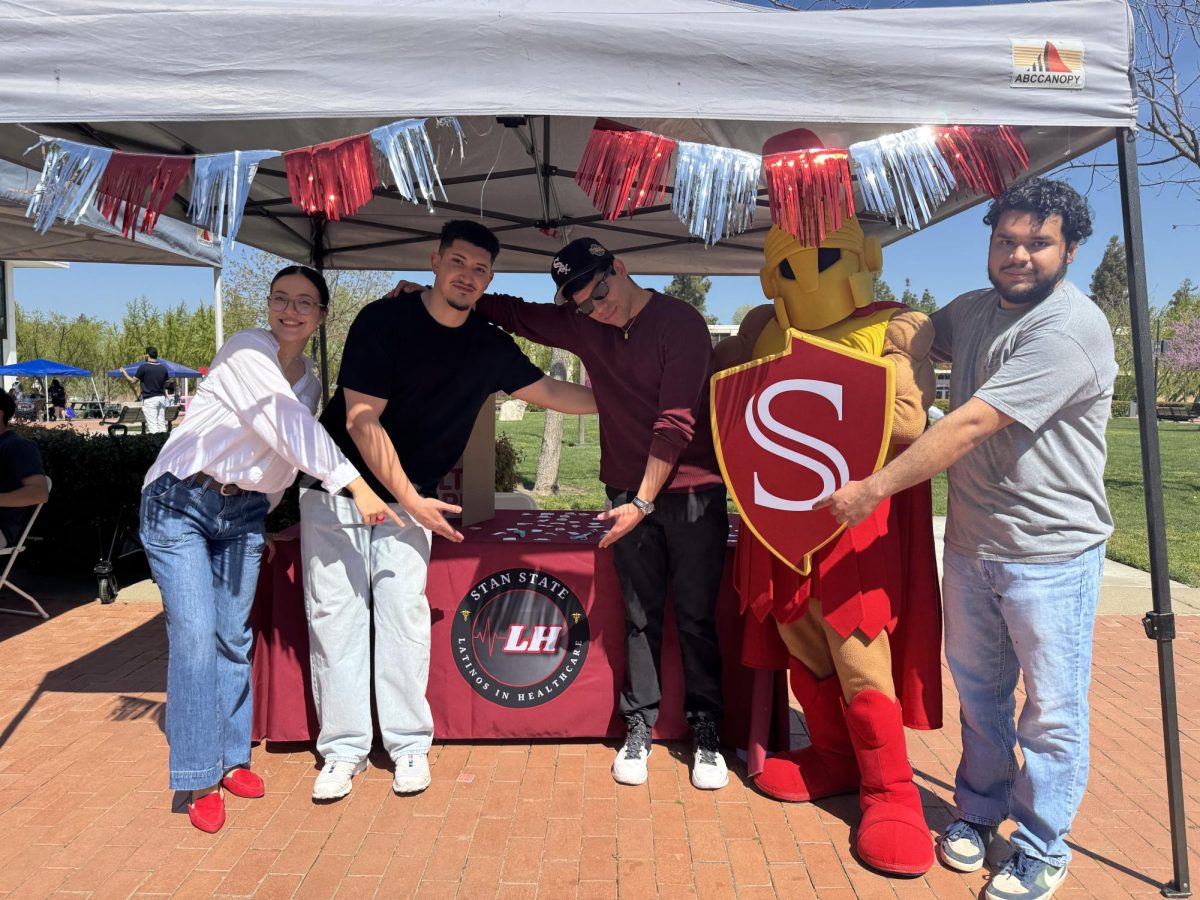Stanislaus State is teaming up with UC Merced on a project to end tobacco use in the state of California by the year 2035. Both universities have been awarded a $1.4 million grant from the Tobacco-Related Disease Project in order to snuff out tobacco use.
Funding for the project began March 1, 2022 and will last through 2025. This is the first-of-its-kind partnership between a public teaching institution and a research university.
The project itself is aimed at strengthening the training of future tobacco use advocates and will train future tobacco control advocates in the San Joaquin Valley through classroom instruction, research labs and field work.
“This is a great opportunity because the selected students will be able to take courses through the honors program and get to know the principles about tobacco control” said Jose Diaz-Garayua, co-director of the Center for Applied Spatial Analysis and associate professor of Human Geography at Stan State.
Diaz-Garayua and his team will recruit students, whilst providing workshops, instruction and mentoring.
“This program will pay tuition fees for one year and will provide a generous stipend for one year for the selected scholars plus other perks,” added Diaz-Garayua.
Joining Diaz-Garayua will be Stan State Associate Professor of Sociology, Meggan Jordan. Jordan serves as the project’s recruitment and educational coordinator.
“I wanted to join the project because I did most of my graduate training in team science environment. I want other students at Stan to have the same team science opportunities that I had when I was in college,” Jordan said. “This particular project, the Smoke and Vape Free Scholars initiative (SVFSI) does exactly that. It combines team science and student mentorship.”
With the overall goal in ending tobacco use in the state by 2035, this project has vast amounts of subgoals for the scholars involved.
“We want students to realize that the field of health is not limited to being a physician or a nurse. There are many other alternatives to public health,” said Diaz-Garayua.
“The main objective is to create a pipeline of students that can use science to advocate for their communities, that once they finish their degrees they can join public health agencies or continue their graduate studies in an area related to health,” he continued.
Jordan shared similar sentiments.
“Our overall goal is to mentor the next generation of scientist-advocates. Students will be able to work in a lab at UC Merced and intern at the San Joaquin Public Health agency,” she said. “We want to publish academic articles with our students as well. Dr. Diaz-Garayua and myself will be offering scholars workshops on scientific methods, GIS,public health marketing, and advocacy skills.”
For scholars, the program will provide them with the opportunity to come out with a grand skill set. A skill set not just for professional development, but for the ability to take on health injustices and problems in their local communities.
If interested in participating in the project, Jose Diaz-Garayua and his team will have a table in the quad on April 13 from 10 a.m. to 1 p.m. during the “Fall in Love with your Major” fair. Additional information about the program can also be found at https://www.csustan.edu/casa/svfsi.







